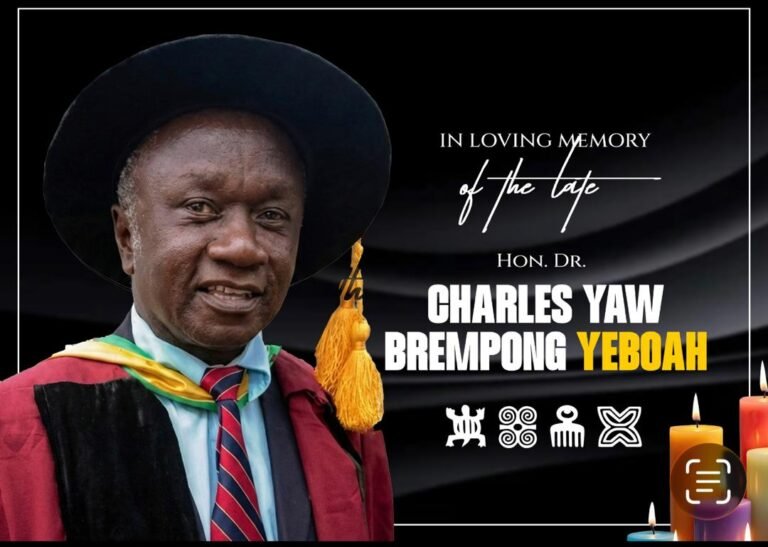
Director of Communications at the IMF, Gerry Rice
The Director of Communications of the International Monetary Fund (IMF), Gerry Rice, has disclosed that it is too early for speculations that Ghana is to begin talks on restructuring its debt as part of plans to secure a $3 billion loan from the Fund.
He said any decision for restructuring of Ghana’s debt would be dependent on the outcome of Fund’s Debt Sustainability Analysis (DSA) Report.
The IMF Director of Communications made the disclosure during a news conference in Washington DC.
He explained that the DSA report would indicate if “there is the need for debt restructuring in the first place and, if necessary, how it should be carried out as well as which areas will be affected”.
Mr Rice emphasised that when a country requests financing from the IMF, the Fund assesses whether the country’s policies are consistent with debt sustainability as one of the Fund’s requirements.
“We still need to conduct a thorough update of the debt situation in Ghana through our Debt Sustainability Analysis. The last, I don’t know if it’s useful, I have here the last DSA, Debt Sustainability Analysis. We published this as part of the 2021 Article IV Staff Report with Ghana.
“It said public debt was a sustainable conditional on a rigorous and credible implementation of the authority’s medium term consolidation plan to put debt on a declining trajectory and ensure continued market access,” he stated.
This, he said, will inform the next line of action as government and the Fund remain committed to ensuring no harm is done to the interest of stakeholders as a result of this programme.
IMF mission
Meanwhile, another IMF team arrived in the country on Monday to continue discussions with the government on policies and reforms that could be supported by a lending arrangement.
IMF staff, led by Stéphane Roudet, the Mission Chief for Ghana, will also further engage with other stakeholders during the visit.
The last IMF mission to Ghana was between July 6 and July 13, 2022, and was to assess the economic situation and discuss the broad lines of the government’s Enhanced Domestic Program that could be supported by an IMF lending arrangement.
The IMF team met with Vice-President Bawumia, Finance Minister Ofori-Atta and the Governor of the Bank of Ghana.
The team also met with the Parliament’s Finance Committee, civil society organizations, and development partners, including UNICEF and the World Bank to engage over programme for social spending.
Constructive
The team described its mission to Ghana as constructive, announcing that another team would soon visit the country for further engagements.
Speaking during a virtual press conference, Director of Communications also said “we had an IMF staff team in Accra in July [2022] to begin initial discussions with the Ghanaian authorities. And we characterized that mission as constructive, kick started the process, and laid the groundwork for engagement, which now continues”.
Commitment
The Managing Director of the IMF recently reiterated the Fund’s commitment to reaching agreement with the government by the end of this year for an economic programme.
According to her, Ghana’s current economic woes is not a self-inflicted one but exogenous shocks such as COVID-19 and the Russian/Ukraine war.
The government is optimistic that the resort to the IMF will help stabilise the economy and restore buffers to make it stronger.
It says it was compelled to approach the IMF because the COVID-19 pandemic had depleted the buffers, throwing the economy into an 11 per cent deficit, against the regulated five per cent deficit level.
President Nana Addo Dankwa Akufo-Addo has assured the nation that his government will negotiate a good deal that will favour the country, and extricate it from the current economic turmoil.
He recently said the deal the government would negotiate would put the country’s economy back on track, adding that “the NPP is the party concerned with the welfare of the people of Ghana”.
The President said his administration inherited a derailed IMF programme, which it had worked hard to take the country out until the effects of COVID-19 hit the economy to throw things out of gear.




